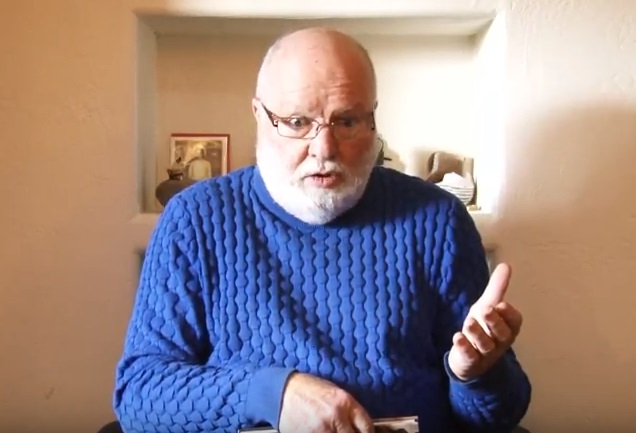C
christofirst
Guest
Father Rohr holds a degree in Philosophy and a Masters degree in Theology. He knows the teachings of the Church. He knows the history of the Church. He knows the way in which many of the doctrines and disciplines we hold today developed over time, and how they might also continue to develop, based on our history. It seems to be his position, from what I’ve read, that there is often more than one way to interpret Church teaching. He often points to alternative interpretations, to those gray areas that may still be validly held. To do this, he often emphasizes the teachings or lives of one saint over another, but from what I’ve read he always backs his position up with some evidence, placing it within our Tradition. He is well aware of his critics and that his works are being scrutinized, and so he takes care to ensure his teachings, and even his own opinions and speculation, are in accord with orthodoxy. When all is said and done, his is but one voice, and if anyone finds that voice disagreeable, there are many others from which to choose.
Last edited:


